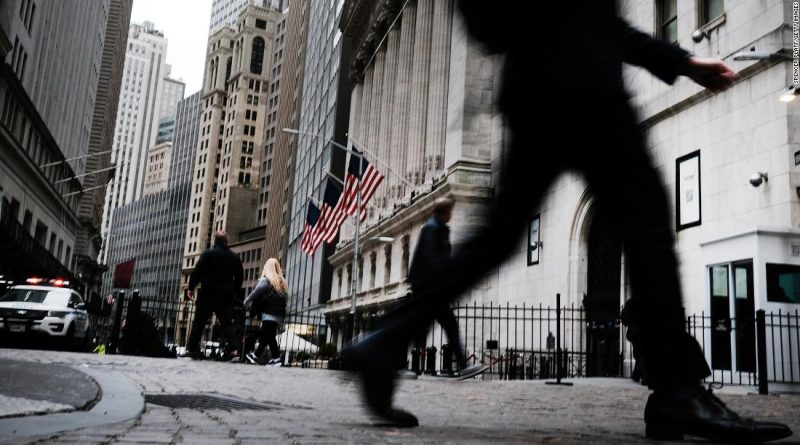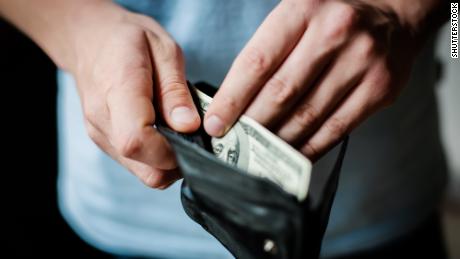Fed official on recession talk: When we look at the data, I feel relieved
(CNN)The Federal Reserve is unlikely to tame inflation without pushing the American economy into a recession, according to a survey of economists released Monday.
Seventy-two percent of economists polled by the National Association of Business Economics expect the next US recession will begin by the middle of next year — if it hasn’t already started.
That gloomy finding includes nearly one in five (19%) who say the economy is already in a recession, as determined by the National Bureau of Economic Research (NBER). Another 20% of forecasters do not expect a recession to begin before the second half of next year.
“Survey results reflect many split opinions among the panelists,” NABE President David Altig said in a statement. “This by itself suggests there is less clarity than usual about the outlook.”
The semiannual survey, conducted between August 1st and August 9th, featured responses from 198 members of NABE.
Last month, Fed Chairman Jerome Powell argued during a press conference that there is still a path to getting inflation under control without sparking a downturn. However, even Powell concedes that path has gotten narrower as the Fed has been forced to resort to drastic interest rate hikes to knock down inflation.
Nearly three in four forecasters (73%) in the NABE survey say they are not at all confident or not very confident the Fed can get inflation back down to its 2% goal without causing a recession within the next two years. Just 13% of economists said they are confident or very confident the Fed can pull this feat off.
Meanwhile, the Inflation Reduction Act, which was being debated in the Senate as this survey was taken, received broad support from economists in the NABE survey.
More than three-fourths of the panelists (76%) said they support the $300 billion deficit reduction goal of the legislation, which President Joe Biden signed into law last week. There was also notable support for the 15% minimum corporate tax (69% of economist were in favor), the healthcare subsidies and drug-pricing reform (68% in favor) and the climate change subsidies, rebates and investments (63% in favor).
Source: Read Full Article



